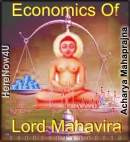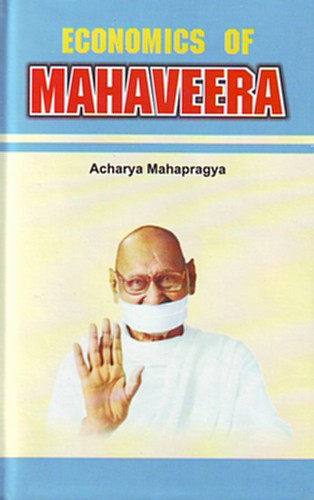
- Control of senses.
- Satisfaction of senses.
Classical Economics had taken due account of the satisfaction of the senses. But it also ruled: satisfy the senses but, along with it, also observe restraint.
Chanakya said about the king, the ruler: A king should be a conqueror of the senses. Passion, anger, greed, infatuation, pride and jealousy, these are the six enemies that the king should conquer.
If, for a social being, the satisfaction of senses is necessary, the restraint of the senses is equally necessary.
This is a rational principal for setting the necessary limits: satisfy your senses, but within limits. After the necessary enjoyment, exercise restraint.
If this is achieved, then it becomes the economics of restraint; and what becomes economics of restraint would become the economics of non-violence and the economics of peace.
Modern thinking believes that we need not think about morality now, not about restraint, not about non-violence and not about peace. We will think about them when the appropriate time arrives. This means that until that point of time is reached, the society should go on bearing the unwholesome consequences of a regime of non-restraint. The results of such thinking are already before us.
On the other hand, from the wisdom and code of conduct, which Mahavira gave us on the subject of production, very valuable principles of Economics emerge. If these are followed and deployed, the present day society can save itself from many perversions.
 Acharya Mahaprajna
Acharya Mahaprajna

